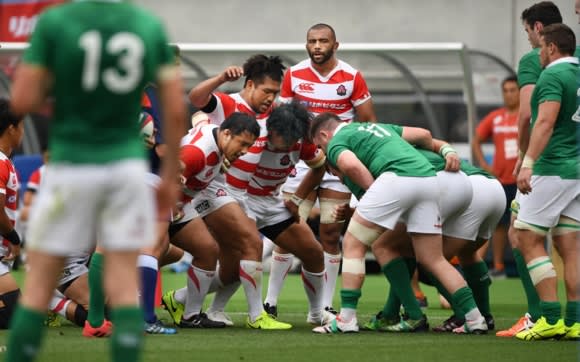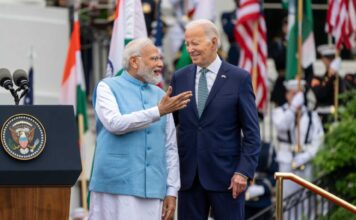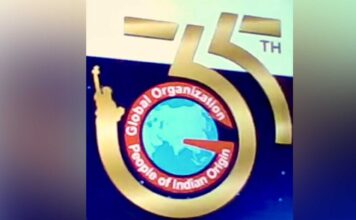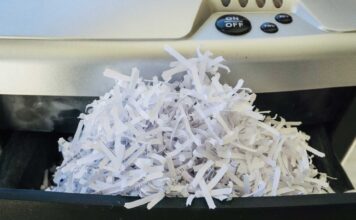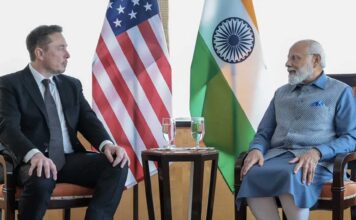“We are a tier-2 team, but I think we have a team that can make the top eight for the first time,” Jamie Joseph, the coach of Japan’s national rugby squad, told foreign reporters in a press conference in Tokyo today. “I am trying to create a realistic expectation for the team.”
But is that a realistic expectation? With the first Rugby World Cup ever to be held in Asia kicking off in Tokyo on September 20, the odds facing the home team – the only Asian team in the 20-nation tourney – are steep.
Elite squads such as the New Zealand All Blacks, the Australian Wallabies, England, and South African Springboks are all potential winners. Pundits’ eyes are also on teams who have lifted their performance in recent years such as Argentina, Ireland and Wales.
In the upcoming hurly-burly of big, powerful athletes and the world title at stake, how will Japan’s “Brave Blossoms” fare?
Japan has never yet made it to the knockout stage of a Rugby World Cup. Joseph was cautious, suggesting that while Japan could in no way be considered a favorite, it would be wise not to count the local lads out.
Japan took a very serious scalp at the 2015 World Cup in England, with Brave Blossoms earning what is now considered a miracle win when they defeated the powerhouse South Africans 34-32.
Kiwi coach, Japanese insight
Joseph, the Blossoms’ head coach, knows the strengths and weaknesses of Japanese rugger intimately.
A veteran of New Zealand’s awesome All Blacks – the finest team in international competition for many years – he relocated to Japan in the mid-90s, to play for the Fukuoka Sanix Blues from 1995 to 2001. He also earned his Japanese national colors in 1999.
Switching to coaching in 2003, he worked his way through the ranks of provincial coaching in New Zealand, before taking on the top job with the Japanese national side in 2016.
He recalls having to deal with multiple issues when he took over following the now-legendary performance in England.
Blossoms rebuilt
“After Japan won the World Cup match against South Africa, a lot of people retired; it was considered the pinnacle of their career,” he said. “When I took over, there were only six players from the 2015 team! I had to build it from the bottom.”
Critically, rugby in Japan does not benefit from a fully professionalized league. “The system in Japan is, that it’s an amateur game here,” Joseph said. “Club rugby in Japan is run by corporations and they employ the players: The employees go to work and then play rugby for the team.”
So what does Japan need to do domestically to capitalize on the hoped-for success of the tournament?
Joseph expressed his hopes that, if the team plays well and Japanese children watch the games in earnest, it will encourage more Japanese – whose primary sporting focus is currently baseball, football and sumo – to take up the sport.
He said that Japan needs more space and better facilities to make rugby really catch on – and that could well be one positive outcome of the World Cup.
Speed versus strength
The Blossom’s opening match is against Russia – known to field a physically very powerful squad. Joseph does not underestimate them.
“We played the Russians last year; they all looked like a team of body builders! They are going to be very strong and tough!” he said.
“Effectively, like some of the teams, they are going to try to bully us — legally, within the rules of the game. We’ve got what we got. [It’s a game of] of bigger man versus smaller man.”
However, he was confident that Japan could outmatch opponents with speed and precision. “We are faster,” he said. “We spend a lot of time in training on speed.”
But he noted that while Russia is a relative newcomer to the rugby world, they have more than brute force on their side. “They’ve got a really good goal kicker,” Joseph admitted. “Those are the sorts of things that will create pressure for us. We’ve got to avoid making mistakes.”


